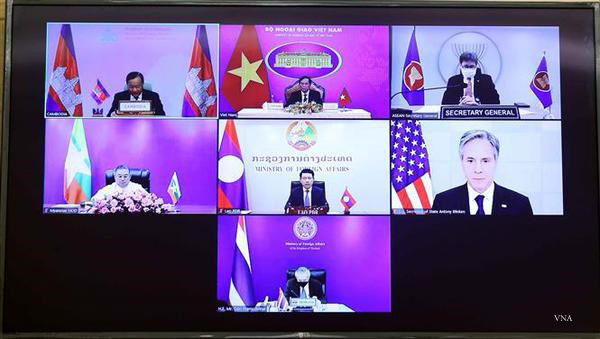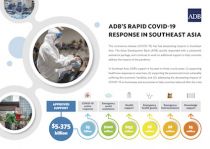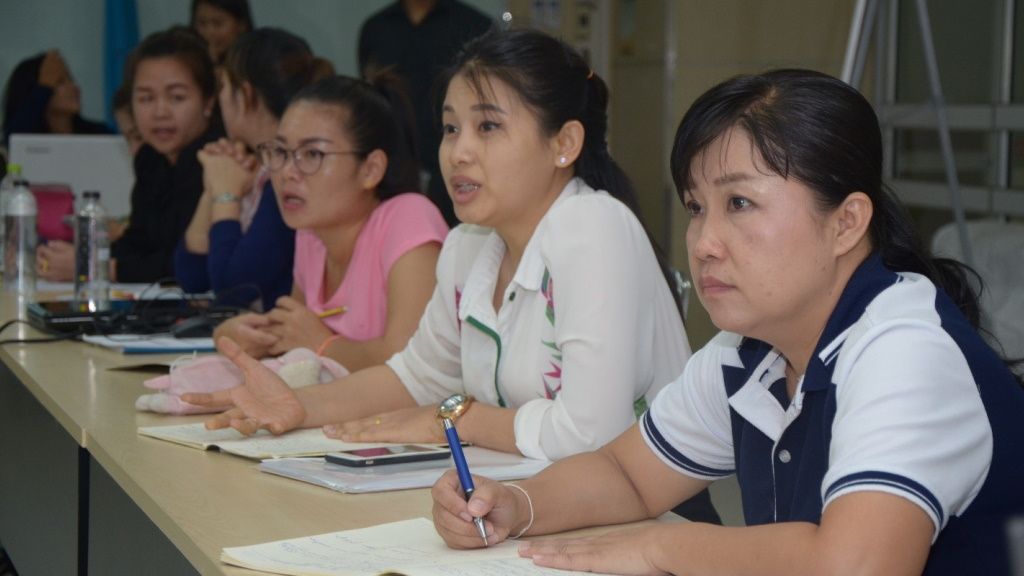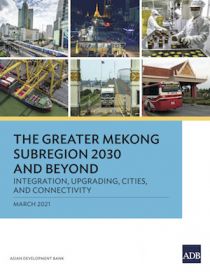
Policy Actions for COVID-19 Economic Recovery: A Compendium of Policy Briefs
This compendium of 13 briefs from the Policy Actions for COVID-19 Economic Recovery (PACER) Dialogues provide insights on how Southeast Asian countries and the People’s Republic of China can overcome the pandemic.








